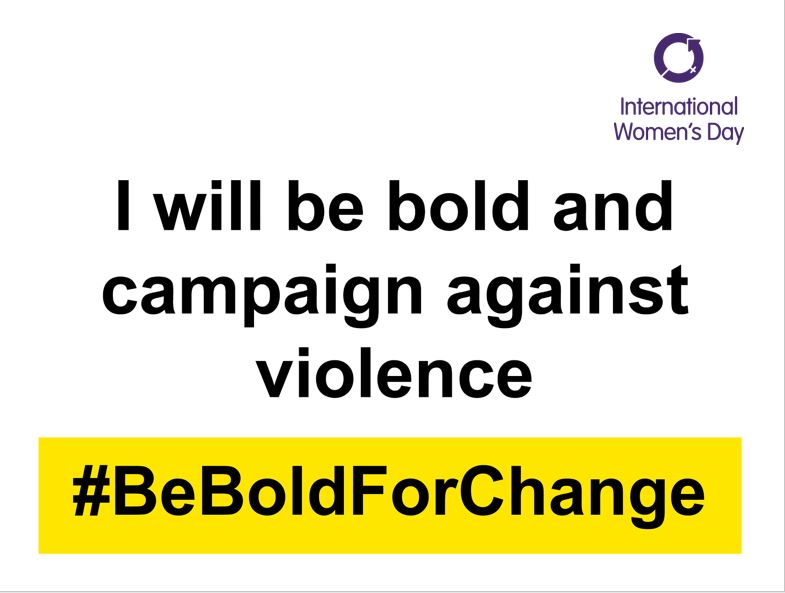I will be bold and campaign against violence #InternationalWomensDay #BeBoldForChange
Where to Seek Help: Domestic Abuse & Violence Against Women in the Philippines Today March 8 is International Women’s Day I will be bold and… Read More »I will be bold and campaign against violence #InternationalWomensDay #BeBoldForChange
